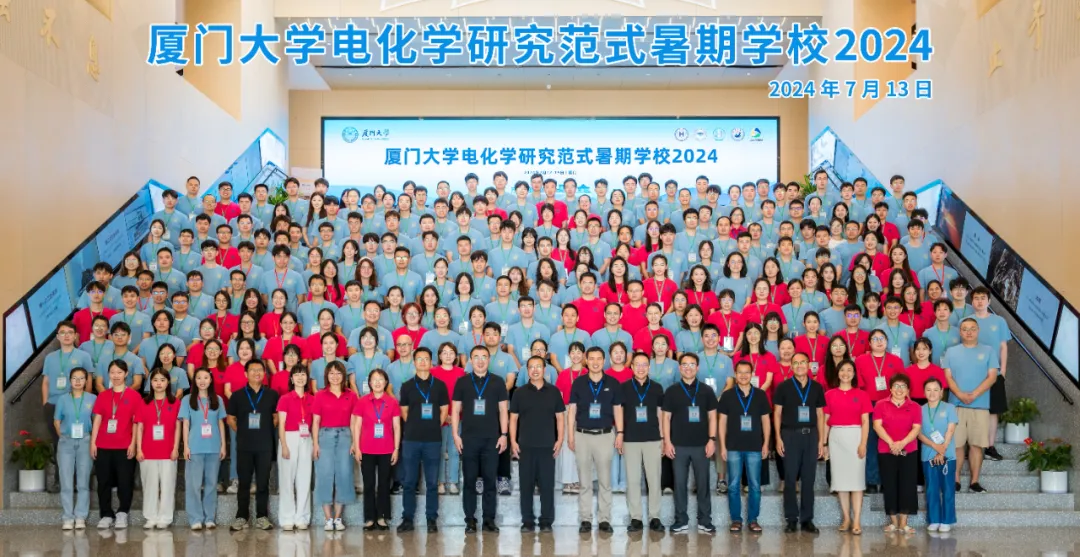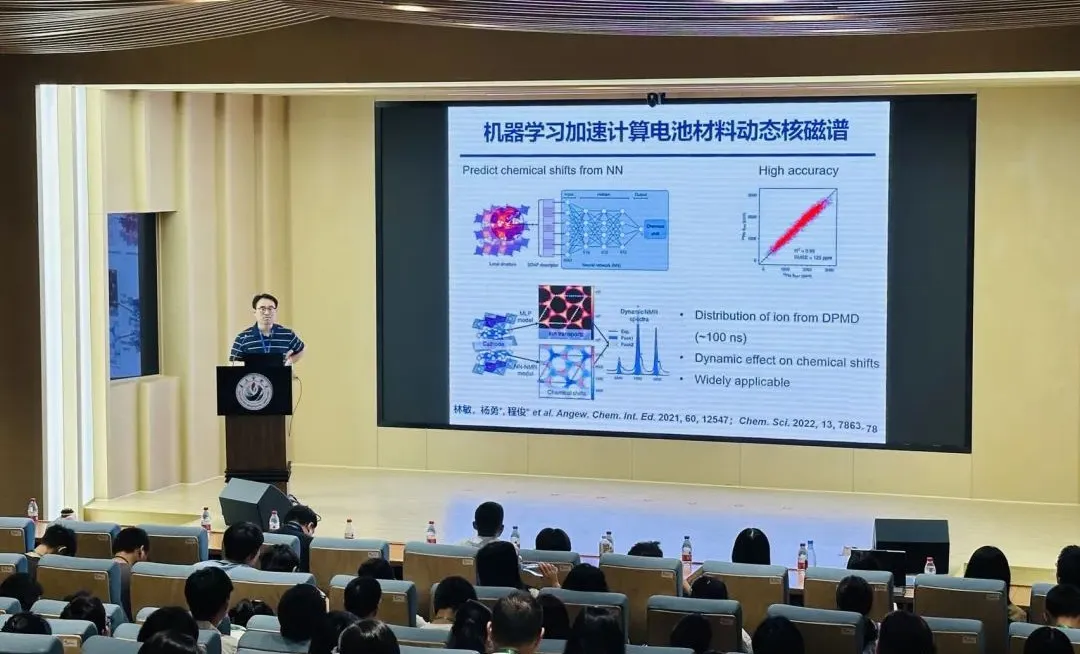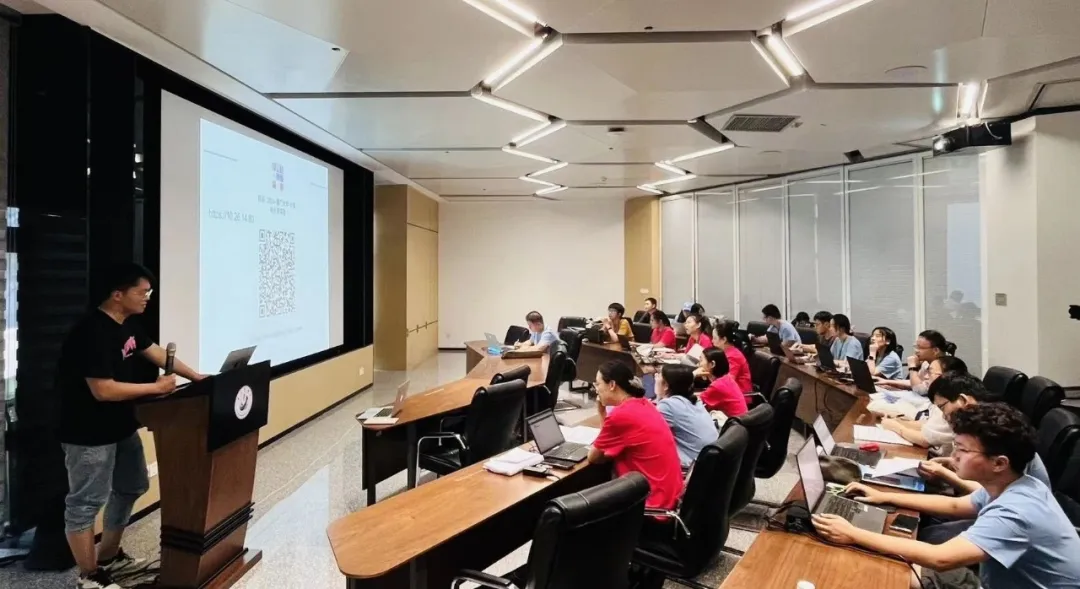From July 12-19, 2024, the 2024 Xiamen University Electrochemistry Research Paradigm Summer School was successfully held on the Xiang'an campus of Xiamen University. This summer school was jointly organized by the College of Chemistry and Chemical Engineering, State Key Laboratory of Physical Chemistry of Solid Surfaces, IKKEM Lab (Fujian Energy Materials Science and Technology Innovation Laboratory), and the Collaborative Innovation Center for Energy Materials of Xiamen University, with the assistance of the Fujian Province Hydrogen Energy Technology and Economy Integration Service Platform.

Over the course of a week, 17 renowned electrochemistry experts jointly delivered a feast of electrochemistry knowledge to students. The courses covered fundamental electrochemistry theory and research methods, in-situ characterization, and cutting-edge research in electrochemistry, including fundamental electrochemistry, spectroscopic electrochemistry, computational electrochemistry, electrocatalysis, chemical power sources, organic electrochemistry, and bioelectrochemistry. The scientifically sound curriculum, rich and detailed course content, and in-depth yet accessible course explanations received unanimous praise from participants. The computational electrochemistry course was taught by Professor Cheng Jun, Deputy Director of AI4EC Lab, who introduced fundamental theories and research cases related to first-principles calculations, ab initio electrochemistry, and artificial intelligence-accelerated ab initio electrochemistry, and shared insights on how artificial intelligence empowers energy material development.

In addition to the expert courses, this summer school carefully arranged a series of experimental and computational courses, allowing participants to deeply integrate electrochemical theoretical knowledge with practice.
AI4EC Lab Associate Researcher Wang Feng led participants through hands-on computational electrochemistry exercises. At the beginning of the course, he reviewed the relevant content from the computational electrochemistry course and detailed the first-principles molecular dynamics-based free energy calculation methods for electrochemical systems and machine learning-accelerated free energy calculation methods. In the latter half, he guided participants through hands-on practice using the ai²-kit automated workflow software, helping participants gain comprehensive understanding of computational electrochemistry research methods through practice-based learning.

The Xiamen University Electrochemistry Summer School, since its first session in 2009, has consistently adhered to its original intention, maintaining high standards and strict requirements, and is committed to building an excellent academic exchange platform. AI4EC Lab will continue to focus on and promote the integrated development of electrochemistry and artificial intelligence, eagerly looking forward to reuniting with talented young scholars and graduate students. Through continuous academic dialogue and close collaboration, we aim to jointly explore the infinite possibilities brought by the deep integration of electrochemistry and artificial intelligence, and usher in a new era in this interdisciplinary field.
